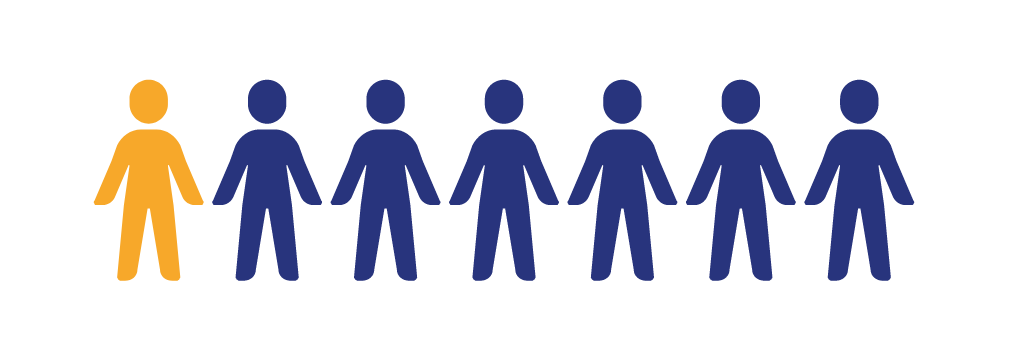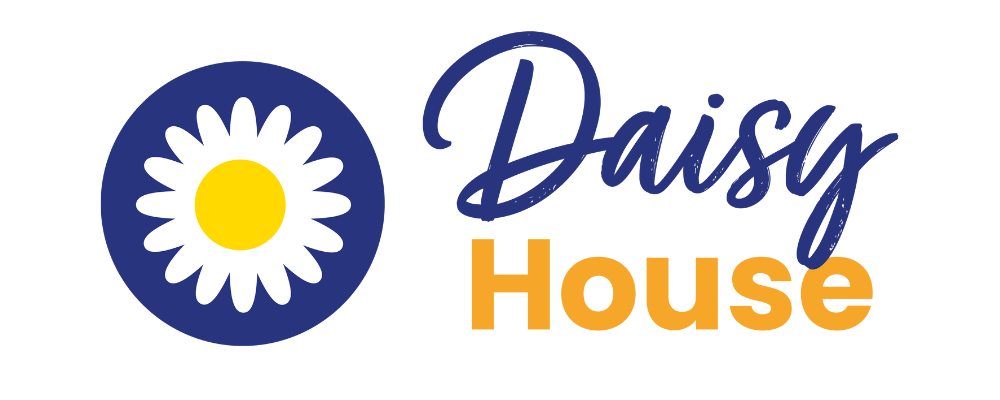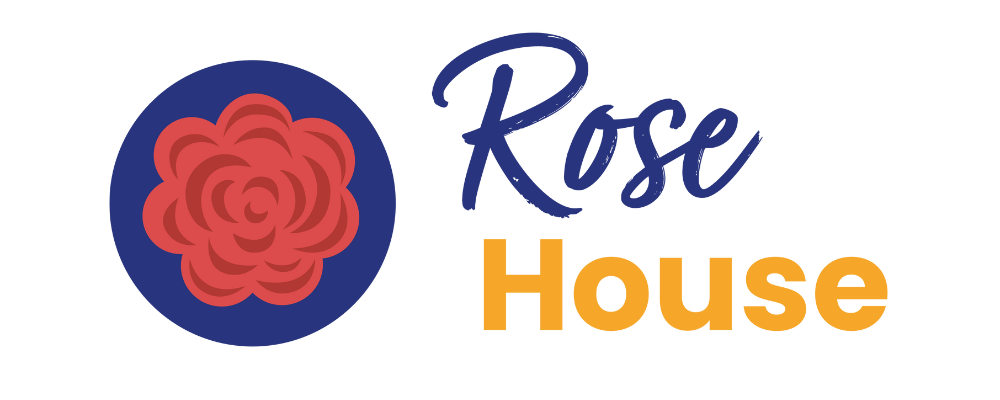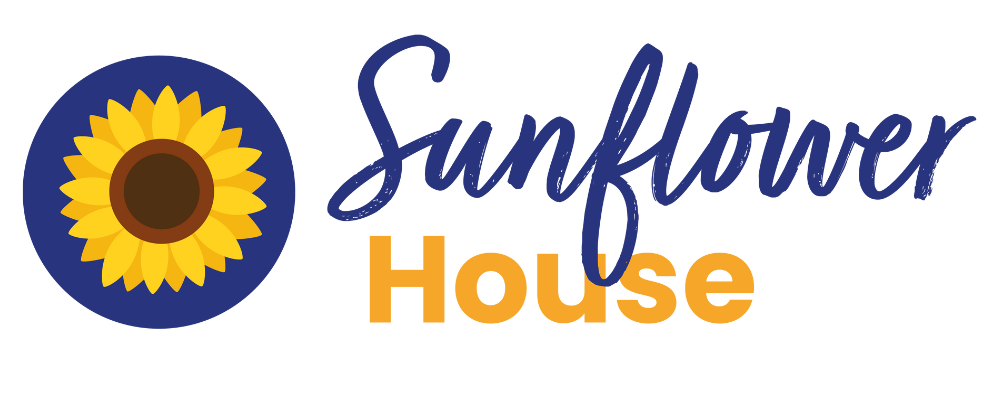Embark on our SEED Model
Progression through our person centered journey
The journey starts here

In residential children’s homes, we identified a critical need for a more progressive, person-centred approach, that supports young people no matter where they are in their journey. That’s why we created the SEED model.
Too often, care leavers face adulthood without the tools they need, such as qualifications, life skills, or a strong support network. As a result, many struggle with challenges like homelessness, re-entering care, involvement in crime, or serious mental health difficulties.
At Bluestones Medical Complex Care, our SEED model is designed to change that. It focuses on nurturing strong foundations through personalised care and meaningful development. Every young person’s path is different, so we create flexible, multi-disciplinary care teams that respond to their individual needs and goals.
SEED provides a clear structure for progress, ensuring that whatever stage a young person is at, there’s a plan in place that supports their growth and prepares them for a confident, independent future.
Safety & Stability
Stability and safety are at the core of our care model, providing the foundation for every young person to feel secure, valued, and supported. A consistent, nurturing environment promotes overall wellbeing and empowers each individual to believe in themselves and their ability to thrive.
Enrich & Empower
Empower and Enrich are key parts of our care approach, centred on building confidence and supporting each young person’s journey. We believe in giving young people a voice, respecting their individuality, and encouraging them to make choices that reflect their own values, beliefs, and goals.
Enhance & Educate
Educate and Enhance are at the core of the SEED care model, supporting young people to keep learning, build new skills, and grow in confidence. Whether through academic progress or developing practical life skills, we encourage and support each individual to expand their knowledge and prepare for a more independent, fulfilling future.
Develop & Discharge
Develop and Discharge represent the concluding stage of the SEED care model, where the focus shifts to preparing young people for life beyond care. This stage supports their continued growth and confidence, guiding them through the transition to greater independence and helping ensure they’re ready for the next chapter in their journey.
Safety & Stability
Many of the young people in our care may have experienced trauma, and entering a new environment can feel daunting and overwhelming. We prioritise creating both physical and emotional safety within our homes, offering a sense of security, trust, and belonging from the very beginning. Robust safety procedures and thoughtful risk management are central to protecting each individual’s physical and emotional wellbeing.
Equally important is the stability we provide through consistent routines, open communication, and dependable support. These elements work together to build a predictable, nurturing environment where young people can begin to feel grounded. The SEED care model reinforces this by placing Safety and Stability at its core – laying the foundation for healthy development, emotional resilience, and an improved quality of life.
Empower & Enrich
As part of our commitment to personal development, we actively involve young people in decision-making processes, fostering self-determination and encouraging independence.
Our approach to enrichment extends beyond meeting basic needs, aiming instead to elevate each young person’s overall quality of life. This includes creating opportunities for personal growth, intellectual stimulation, creativity, and meaningful social connections.
Through the SEED care model, we nurture self-esteem, cultivate a sense of purpose, and support the overall wellbeing of every individual. This empowers young people to lead fulfilling lives, explore their passions, and confidently find their voice.
Educate & Enhance
Education is a vital pathway to independence and adulthood, equipping young people not only with academic qualifications but also with essential life skills. By providing tailored access to educational programmes, workshops, and learning materials that align with each individual’s needs and interests, we help them build the tools and confidence needed to thrive beyond care.
The SEED care model also focuses on enhancing each young person’s existing strengths and abilities, promoting both personal and professional development. Through targeted training, meaningful mentorship, and real opportunities for skill-building, we nurture independence and self-confidence – empowering young people to shape their own futures with purpose and pride.
Develop & Discharge
Our Develop to Independence phase spans six months, followed by a structured Discharge phase over a further six months. During the development stage, we implement personalised plans that support each young person’s journey towards greater independence, whether that be semi-independent living or complete independence. This process includes setting meaningful goals, delivering tailored interventions, and closely monitoring progress over time.
The overarching aim is to help each individual realise their full potential and confidently step into adulthood. As young people achieve their goals and demonstrate increasing independence, the SEED care model evolves to focus on preparing for discharge or transition. This includes assessing their readiness, providing the necessary tools and support, and ensuring a smooth, supported move towards a more self-reliant future. The transition is carefully managed to promote lasting success and continued wellbeing beyond our care.

Care leaver statistics

54%
Only 54% of care leavers achieve a level 2 qualification by the age of 19.

£60 per month
The average care leaver receives £60 per week in leaving care support.

1 in 7
Around 1 in 7 care leavers will return to the care system within two years of leaving.
The number of care leavers who return to the care system within the first month of turning 18 is difficult to estimate. However, they do suggest that a significant number of care leavers return to the care system within the first month of turning 18.
One study, which was conducted by the University of Bristol, found that 15% of care leavers who turned 18 in 2020 returned to the care system within the first month. The study also found that the risk of returning to care was higher for care leavers who had experienced multiple placements in care, who had mental health problems, or who had been involved in the criminal justice system.
Another study, which was conducted by the University of York, found that 12% of care leavers who turned 18 in 2020 returned to the care system within the first month. The study also found that the risk of returning to care was higher for care leavers who were from black or minority ethnic backgrounds, who had been in care for a longer period of time, or who had experienced abuse or neglect in their childhood.
At Bluestones Medical Complex Care, our young people are not another statistic and we do not group them. The SEED model is in place to counteract these statistics and figures and when treating each person as a individual and showing empathy and compassion combined with letting them find their voice and make informed choices, they will start to flourish.
Our houses

Nestled amidst the vibrant town of Deeside, CIW registered children’s care home Daisy House is a place of hope and healing …..

Rose House is an OFSTED registered supported living home located in the accessible village of Blacon, Chester ….

Tucked away in the heart of the picturesque countryside of North Wales, Sunflower House is a large, CIW registered children’s care home ….
Education and life skills for our young people
Our Greenhouse provides a range of suitable online learning resources and opportunities for the people we work with and the young people in our care. We want to enable personal development at a pace that’s tailored for individual ability levels along with core subjects like Maths & English.
